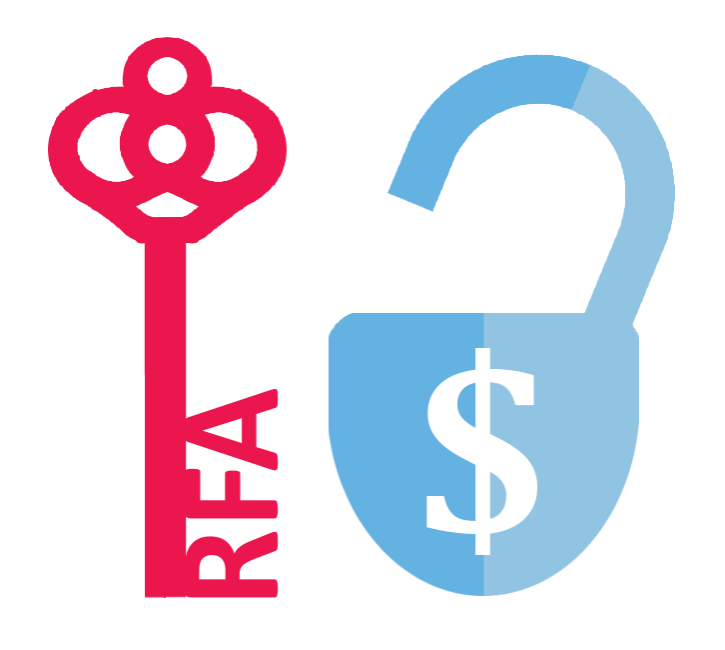Just in Time: RFA and Utilization Review Timeframe Requirements

In California, proper authorization is one of the most important factors for compliance in workers’ comp billing and payment. Legally, “authorization” is the insurer’s acceptance of liability to pay for treatment. The request for authorization (RFA) and utilization review (UR) process informs everything that comes later in the billing and payment cycle.
Everyone involved needs to get it right.
The RFA and UR process is the means by which the insurer and the treating physician agree on the medical necessity of treatment. It is how injured employees get treated and back to work, and how providers obtain proper reimbursement. The rules and regulations regarding this process are vast and complex. That’s why we’ve created this handy guide, including our table of RFA and UR Timeframe Requirements mandated by California law.
RFA 101
In 2012, Senate Bill 863 amended Labor Code § 4610 and introduced a mandatory utilization review process for all medical treatment provided to injured workers. The Division of Workers’ Compensation (DWC) promulgated the necessary regulations, which went into effect on January 1, 2013.
The process is two-sided. To obtain authorization, the requesting physician must submit a compliant request for authorization (RFA) to the claims administrator. In response, the claims administrator conducts utilization review (UR) to approve, modify, or deny the requested treatment. Whatever the outcome, claims administrators must timely and correctly respond to the RFA.
A treating physician submits an RFA to request authorization as follows:
- Prospectively - before providing treatment
- Concurrently - during an inpatient stay
- Retrospectively - after providing treatment
In the case of an immediate and serious threat to the patient’s health, a requesting physician may request expedited utilization review for a prospective or a concurrent RFA.
Upon receipt of an RFA from a requesting provider, the claims administrator is obligated to both
- Timely conduct utilization review to determine the necessity of treatment, and
- Timey inform the requesting physician of the UR decision via a specifically prescribed means of communication.
Most importantly, failing to timely make and communicate the utilization review decision invalidates the decision — leaving it to the Workers’ Compensation Appeals Board (WCAB) to determine the medical necessity of the treatment. Additionally, the DWC imposes substantial financial penalties when the claims administrator fails to make and communicate a utilization review decision in a timely manner.
For a quick reference, use this chart to determine when a response to an RFA is required. For reference to the regulation, see §9792.9.1. Utilization Review Standards - Timeframe, Procedures and Notice - On or After January 1, 2013.
RFA Timeframe Requirements |
Prospective RFA |
Concurrent RFA |
Retrospective RFA |
Expedited Prospective or Concurrent RFA |
UR decision due within: |
5 business days of receipt of DWC Form RFA |
5 business days of receipt of DWC Form RFA |
30 calendar days of receipt of request for authorization* |
72 hours of receipt of “written information reasonably necessary to make the determination”** |
Communication of UR decision due via phone, fax, or email (approve, modify, or deny) due within: |
24 hours of UR decision |
24 hours of UR decision |
No legal requirement. See written communication rule below. |
24 hours of UR decision |
Written communication of UR decision to approve due within: |
2 business days of UR decision |
24 hours of UR decision |
30 calendar days of UR decision |
2 business days of UR decision*** |
Written communication of UR decision to modify or deny due within: |
2 business days of UR decision |
24 hours of UR decision |
30 calendar days or UR decision |
72 hours of receipt of DWC Form RFA |
Supplemental RFA Timeframe Requirements |
Incomplete RFA |
Disputed Liability |
Liability accepted/UR due |
Requirements |
Within 5 business days, return RFA to requesting physician marked “not complete” with missing information specified |
Within 5 business days, send written notification deferring UR to requesting physician, patient, and patient’s attorney |
Within 30 days of acceptance of liability, retrospective UR decision due |
*Does not specifically require DWC Form RFA
**When an expedited RFA is “not reasonably supported by evidence”, a utilization review decision is still due, but the decision can be made according to the applicable non-expedited prospective or concurrent RFA timeframes
***No DWC guidelines exist; use timeframes for non-expedited RFA
Note: Where a number of days is specified, the day after the RFA is received by the claims administrator is considered the “first” day. Where a number of hours is specified, the hour after receipt of the RFA is considered the “first” hour.
We’ve spoken out on how overly complicated and onerous the RFA system is. Unfortunately, until reform is possible, all providers and claims administrators can do is arm themselves with the right information. Refer to this guide and our FAQ whenever an authorization or utilization review question arises. We hope it helps!
daisyBill software tracks all RFAs submitted by providers, including alerts to the exact date and time responses are required. Schedule a free demonstration of daisyBill for your office, and see how much easier work comp billing can be.
REQUEST DEMO
DaisyBill provides content as an insightful service to its readers and clients. It does not offer legal advice and cannot guarantee the accuracy or suitability of its content for a particular purpose.



.gif)
